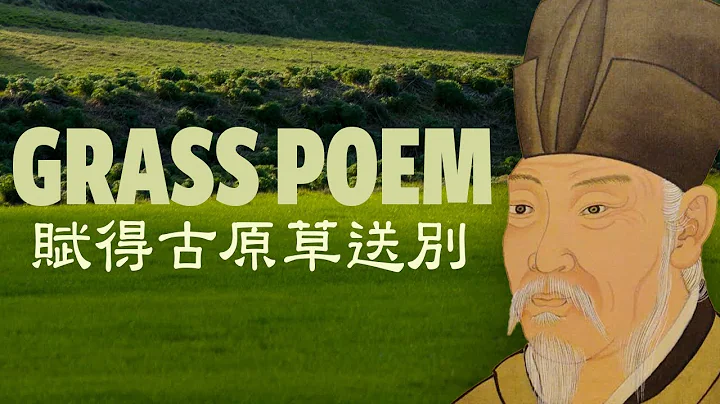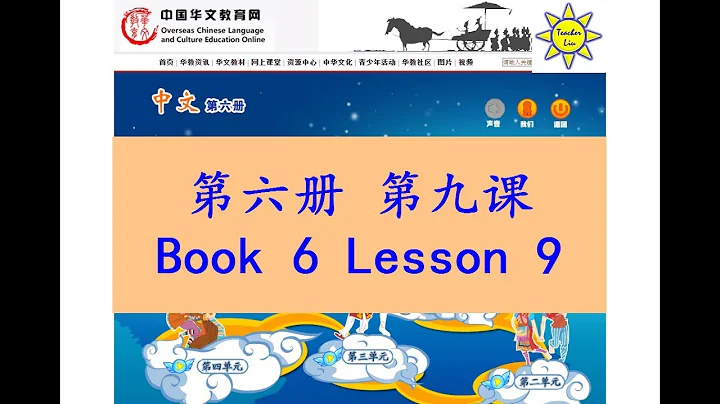is closed on the day of the closing of the five singles, and the Sanfu Jintang version is Zhadu.
The poem comes from "Journey to the Chaohe River" written by Qi Jiguang, a famous anti-Japanese general in the Ming Dynasty, in Miyun. The general idea is that after Miyun built the Great Wall, the defense of Kyoto became stronger.

The picture shows the photography work "The Great Exhibition" by Li Rusheng, chairman of the Miyun Photography Association. He arrived at Miyun first and stationed himself in the camp city of Shitanling. The first Great Wall he started to build in Miyun was the Great Wall from Lupi Pass to Baima Pass . In the middle of this section of the Great Wall is Huangyukou of Shicheng.
Huangyukou is a ravine ten kilometers long. Most of the villagers here make a living by hunting, burning charcoal and keeping bees. There is a river in the ravine called Sheyuchuan River. The river is rich in eels, but the locals call it snakefish.
The soldiers and craftsmen who built the Great Wall were all brought by Qi Jiguang from the south. When building Huangyukou Pass (called Huangyakou Pass in history books), the soldiers used local materials and cooked with the water of Sheyuchuan River. , caught snakes and fish from the river and stewed them for cooking, but no one expected that a few days later, the soldiers would suffer from vomiting and diarrhea, and they were exhausted. Many people's eyes were dry and blurred, and they could not see anything clearly. Some people were even afraid. Light.
After receiving the military report, Qi Jiguang rushed to Huangyukou. After asking the villagers, he learned that the snakes and fish in the river were poisonous. Although they were not fatal, such symptoms would occur after eating them. The villagers never eat snakes and fish in the water, and they only drink water from springs in the mountains. The villagers also told Qi Jiguang that if children in the village accidentally eat snakes and fishes, they can usually be cured by mixing honey with mountain spring water and drinking it. Eye diseases can be cured by smearing honey on their eyes.
After Qi Jiguang heard this, he immediately bought honey in the village and treated the soldiers in the army according to the methods taught by the villagers, and everyone's illnesses were quickly cured.
This is of course a popular local legend. However, the villagers of Huangyukou Village started breeding bees very early. It is now the largest bee breeding base in Miyun. The forest coverage rate in the village is nearly 90%. It has always maintained wild bee colonies and has a traceable history of beekeeping. More than 100 years.

The picture shows Huangyukou Scenic Area

Honey is effective in treating gastroenteritis and dry eye syndrome. " Shennong's Materia Medica " believes that honey "treats evil spirits in the heart and soul, soothes the deficiencies of the five internal organs, replenishes qi and nourishes the heart, relieves pain and detoxifies, eliminates many diseases, and harmonizes with hundreds of medicines. Long-term use can strengthen the will and lighten the body, and prevent aging and prolonging life." In addition, vitex honey It also has the functions of nourishing the spleen and stomach, moisturizing the intestines, moistening the lungs, detoxifying, and antiseptic. It is mainly used to treat symptoms such as weak spleen and stomach, weak body after illness, constipation, dry mouth and throat, dry cough without phlegm, and stomach pain.

The picture shows Beijing Aojinda "Huatong" honey


A similar folk story is also circulated in the Tianzhuang area of Gaoling. In the mountains of Tianzhuang, when the soldiers were building the Great Wall, the mountains were deep and densely forested, and the tents they built were very humid. Because they lived in such an environment all year round, many soldiers had leg pain and were so severe that they could not stand up. The medical officials tried many methods but could not treat it.
Later, the beekeepers in the mountains came up with an idea to try it with honey. So the medical officers mixed honey with the herbal medicine and gave it to the soldiers to drink, which gradually restored their health.
In fact, the soldiers at that time were suffering from rheumatoid arthritis because of the humid environment. Honey is rich in amino acids and protein, which has a very good auxiliary therapeutic effect on patients with rheumatoid arthritis .Nowadays, it is more popular to use bee stings to treat rheumatoid arthritis, which is also derived from the continuous accumulation of experience in beekeeping.
During the construction of Gubeikou and Simatai Great Wall , some soldiers had colds and colds , and some southern volunteer soldiers were acclimated to the climate. Qi Jiguang asked traditional Chinese medicine to use honey and mix it with other medicines to treat constipation, cough, asthma, and red and white diarrhea for the soldiers. , ulcers, rubella and other diseases to relieve the suffering of border soldiers.

The picture shows Beijing Aojinda’s “Huatong” honey
From the Ming to the Qing Dynasty, Miyun’s beekeeping industry became increasingly prosperous. The average beekeeper keeps more than ten swarms of bees, while professional beekeepers keep hundreds of swarms of bees. However, eight out of ten sources of honey come from collecting honey from wild bees in the mountains, and two out of ten come from home beekeeping.





















![How Does Film ACTUALLY Work? (It's MAGIC) [Photos and Development] - Smarter Every Day 258 - DayDayNews](https://i.ytimg.com/vi/TCxoZlFqzwA/hq720.jpg?sqp=-oaymwEcCNAFEJQDSFXyq4qpAw4IARUAAIhCGAFwAcABBg==&rs=AOn4CLBmTOcddgGxrDXUbeOFNbkN2gOA8w)